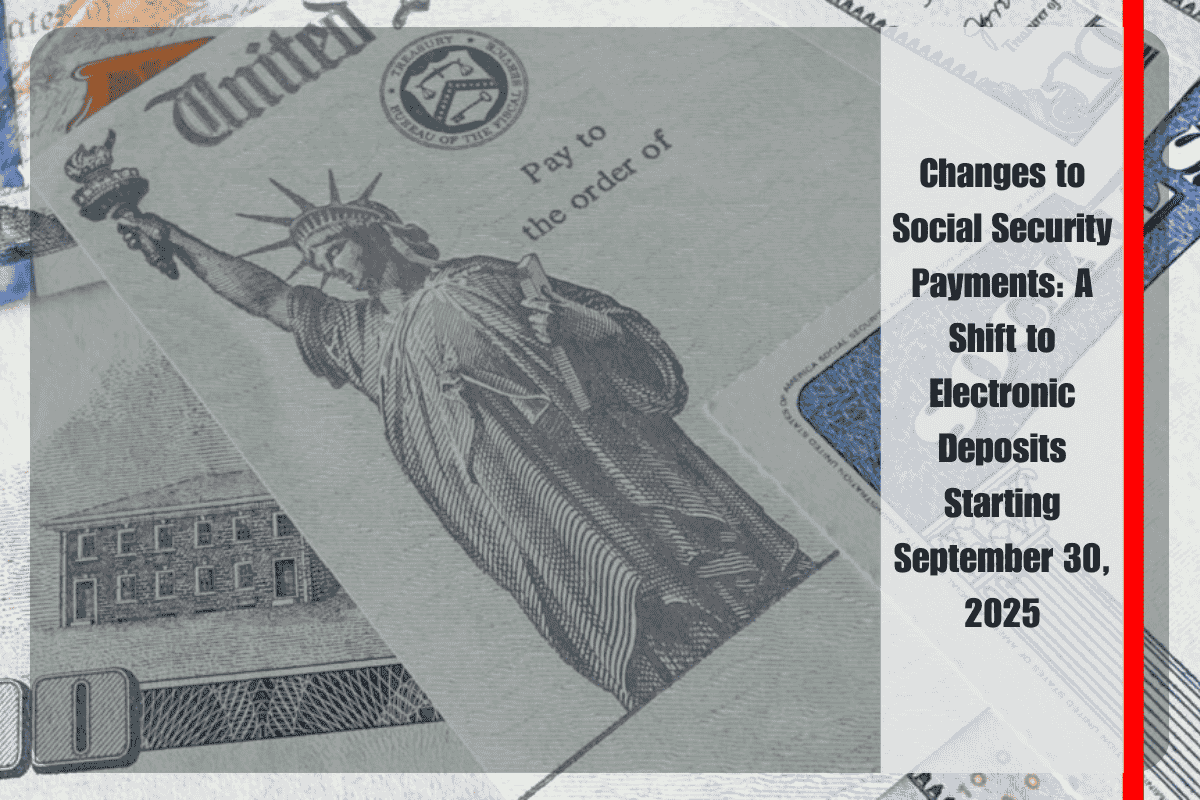In the United States, millions of people rely on Social Security benefits once they reach retirement age or experience a disability. For many, it’s a lifeline. However, getting approved for benefits isn’t as simple as turning a certain age or having a medical diagnosis. One critical factor that can block your claim early on is your work record — and it’s something many people overlook.
It’s not a medical issue or a paperwork error that derails many claims. Rather, the problem often lies in your work history. Specifically, whether you’ve earned enough work credits, whether those earnings were properly reported, and whether they count toward the system. If your work record doesn’t meet the requirements, Social Security won’t approve your claim, no matter your circumstances.
This issue isn’t dramatic, and it’s not something the Social Security Administration (SSA) emphasizes, which makes it easy to overlook. Yet, it’s a fundamental requirement that many people miss when applying for benefits.
Social Security Work Credits in 2025: What You Must Know
To qualify for Social Security benefits, whether retirement or disability, you need to accumulate work credits. These credits reflect your earnings from jobs that contribute to the Social Security system.
In 2025, you earn one credit for every $1,810 you earn, up to four credits per year. This means that if you earn at least $7,240 in a year, you’ll max out your work credits for that year. For retirement benefits, most people need 40 credits, which typically equates to about 10 years of work.
The requirements are different for Social Security Disability Insurance (SSDI). The number of credits you need depends on your age when you become disabled. For example, a 50-year-old generally needs 28 credits, which is equivalent to 7 years of work. Younger individuals may need fewer credits.
Where Things Often Go Wrong
Not all work counts toward these credits. If you’ve worked off the books, done informal work, or held certain public sector jobs, your income may not be counted. This means those years won’t help you qualify for benefits. The same issue arises for self-employed individuals who failed to report their income or didn’t pay Social Security taxes properly.
This is where many people run into problems. They assume that because they’ve worked for years, they’ve automatically met the work requirements, only to discover later that their work history doesn’t count.
How to Avoid a Denied Social Security Claim
To prevent issues when applying for benefits, it’s important to regularly check your Social Security Statement. You can do this online through your my Social Security account. The statement will show how many credits you’ve earned and what earnings the SSA has on record. Mistakes can happen, and they’re not always easy to spot on your own.
If your credits are incomplete, you might still have time to address the issue. Depending on your age and situation, working additional hours or properly reporting freelance income could close the gap. Sometimes, just one more year of qualifying work is all it takes to make you eligible.
Additionally, ensure your earnings have been reported correctly. A missing year or an employer who failed to submit the proper paperwork can stop your claim from being approved. Catching these errors early can make all the difference in whether or not your claim is approved.
Work credits form the foundation of your eligibility for Social Security benefits. If you don’t meet the credit requirement, no amount of documentation or medical evidence will change the outcome. It’s a simple rule, but one that causes more denials than most people expect. By regularly checking your Social Security Statement and ensuring your earnings are correctly reported, you can avoid the frustration of a denied claim and secure the benefits you’ve worked for.












